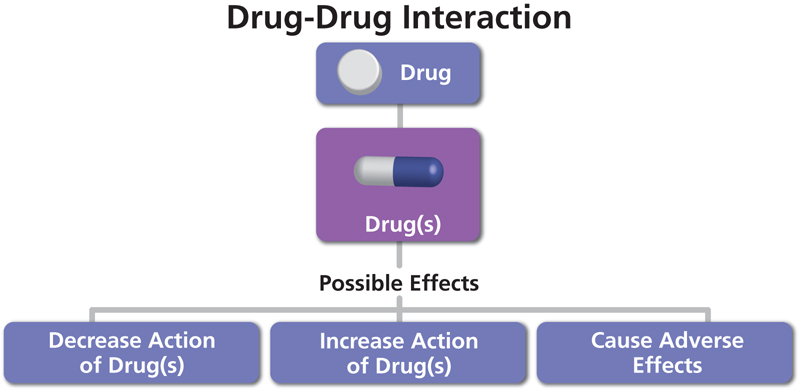Interactions

Medicines that interact with Gilenya may reduce its effect, shorten its duration of action, increase side effects, or have no effect when combined. An interaction between two medications does not always necessitate the discontinuation of one of them; however, it can. Consult your doctor about how to handle drug interactions.
Gilenya interacts with over 500 medications, the vast majority of which are considered major. Among the medications that may interact with Gilenya are:
- antibiotics such as azithromycin, ciprofloxacin, or norfloxacin
- antineoplastics, such as capecitabine, or cyclophosphamide
- antipsychotics, such as clozapine, aripiprazole, or haloperidol
- astemizole
- biologics, such as adalimumab, etanercept, golimumab, or infliximab
- busulfan
- corticosteroids (such as prednisone or dexamethasone)
- heart medications, particularly those that also slow the heart rate, such as beta-blockers (eg, atenolol, sotalol), digoxin, amiodarone, or flecainide (may be associated with severe bradycardia or heart block)
- herbals, such as black cohosh or brewer's yeast
- HIV medications, such as atazanavir or zidovudine
- hydroxychloroquine
- immunosuppressants such as azathioprine, cyclosporine, or tacrolimus
- interferon
- ketoconazole (may increase blood levels of Gilenya up to 1.7 fold. Monitor)
- lithium
- live vaccines and some other vaccines, such as BCG, cholera, measles, hepatitis b vaccines, yellow fever, or live influenza vaccines (Gilenya reduces the immune response to vaccination if vaccines are given within 2 months of a Gilenya dose)
- methotrexate
- oxytocin
- probiotics, such as lactobacillus
- promethazine
- quinine
- tamoxifen.
When combined with other medications like anticancer drugs, immune-modulating agents, or immunosuppressive therapies, Gilenya may have additive immune-suppressing effects that could raise an individual's risk for infection. Consider this when switching from medications that have lingering effects on the immune system, such as mitoxantrone, teriflunomide, or natalizumab.
Strong enzyme inducers like carbamazepine, rifampicin, phenytoin, phenobarbital, and St. John's wort have been shown to reduce Gilenya blood concentrations by 40%. This decrease's clinical significance is unknown.
Please keep in mind that this list is not exhaustive and only includes common medications that may interact with Gilenya. For a complete list of interactions with Gilenya, consult the prescribing information.








